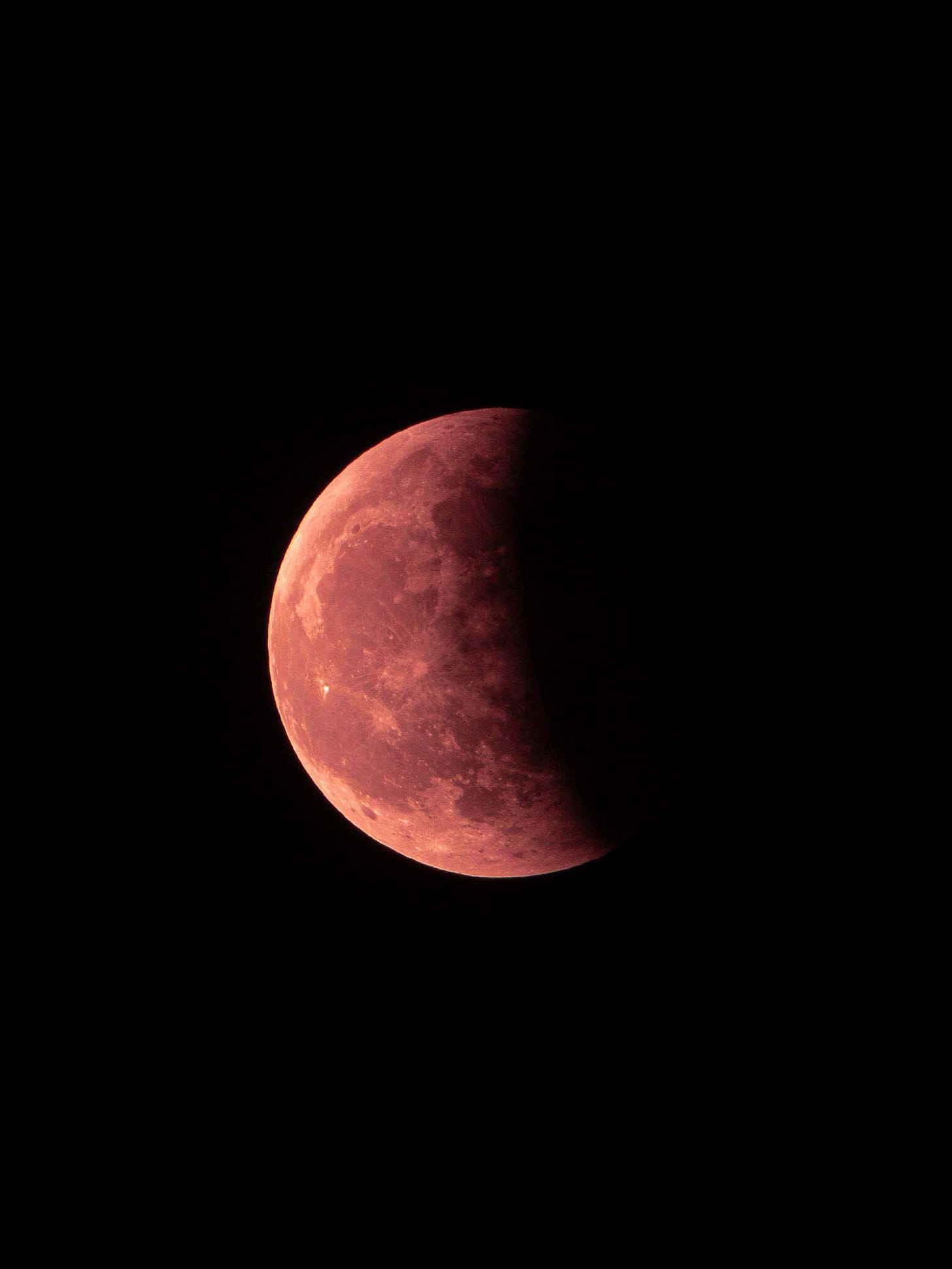Eclipse
is what was seemingly there, just a moment ago

Eclipses give us a bodily experience of reemergence, of re-seeing and re-setting. I never really see or fully appreciate the sun until it reemerges once more as a burning, growing halo, from behind the moon . . .
ECLIPSE
is what was seemingly there, just a moment ago, in the heavens, in our lives, in our understanding; now strangely and unaccountably covered over by some other, greater but previously hidden power. Eclipse is an everyday experience in a human life but death itself is the ultimate shadowing, a sudden presence in our shocked everyday life, suddenly eclipsing everything that was ordinary and making each ordinary thing, extraordinary. Eclipse is the end of the old and a literal foreshadowing of the new: a life bowed down by grief for the one we have lost, now perhaps, waiting to emerge slowly into the light, as elegy and healing.
Eclipse is the shadow of eternal movement overwhelming the powers of eternal presence. Eclipse makes a past of presence. The brilliance of the dependable sun even behind the clouds, now a shadow, an absence, even an opposite of itself. The way in a human life, one home is replaced by another, one marriage by the next, one person, astonishingly replaced by another, sometimes to our heartbreak, sometimes to our relief.
An eclipse denotes something beyond our powers to stop and something beyond our powers to understand. An eclipse can only be witnessed and cannot be interfered with, an eclipse is independent of our will or our worries. Eclipses have always been disruptive in a human life and in our mythological past, disturbing to whole cultures and societies: omens and representations of helpless distance and dislocation, but then mercifully, in hindsight, of necessary change.



